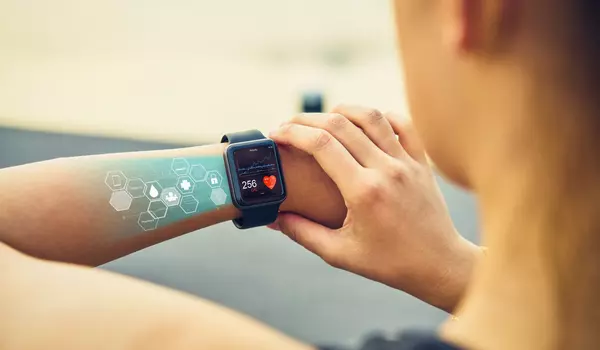To create a wearable dataset for predicting in-class exam performance, data from various sensors and devices worn by students during their regular activities and study sessions would typically be required.
Researchers conducted an experiment in which they collected physiological data from students over the course of three exams. They collected multimodal physiological data using a smartwatch-like wearable device. The smartwatch-like wearable device was used to provide students participating in the experiment with a seamless data collection experience.
Stress harms physical health, reduces work productivity, and incurs significant annual costs for industries and healthcare. While high stress is known to increase the risk of cardiovascular disease and have a negative impact on mental health, it also has a significant impact on one’s ability to complete tasks under either excessively high or excessively low stress. There is a growing research interest in understanding how real-world stress affects our bodies and performance at work and in other aspects of our lives.
Real-world situations are unrestricted environments as well. Access to research-grade equipment is frequently restricted, and motion artifact contamination is widespread. These are still some of the most significant barriers to automated emotion decoders outside of research labs.
Attempts to simulate their impact in the laboratory or elsewhere, however, are less useful than datasets gathered in real-world situations. As a result, researchers have fewer real-world stress datasets to work with. Such datasets are even more uncommon when used in longitudinal studies on the same subjects over time.
Real-world situations are unrestricted environments as well. Access to research-grade equipment is frequently restricted, and motion artifact contamination is widespread. These are still some of the most significant barriers to automated emotion decoders outside of research labs.
To address the aforementioned gap, Rose Faghih and her former Ph.D. students Md. Rafiul Amin and Dilranjan Wickramasuriya conducted an experiment in which physiological data from students was collected over the course of three exams. They collected multimodal physiological data using a smartwatch-like wearable device. The smartwatch-like wearable device was used to provide students participating in the experiment with a seamless data collection experience.

The investigation demonstrates that variations in physiological signals can be linked to exam performance. More information about this study can be found in the paper “A Wearable Exam Stress Dataset for Predicting Grades Using Physiological Signals.”
To enable other researchers, use this dataset for additional investigations, the research team has made the de-identified data publicly available on the PhysioNet platform. A Wearable Exam Stress Dataset for Predicting Cognitive Performance in Real-World Settings is available at: https://physionet.org/content/wearable-exam-stress
Finally, the researchers believe that it would be extremely beneficial to consider how exam performance and stress interact. It will enable a wide range of potential applications aimed at improving personal performance. This could help scientists develop effective interventions to improve each person’s performance and increase productivity within a company, for example. Furthermore, the knowledge can be applied in online and remote learning contexts to effectively connect with students and improve learning outcomes.















